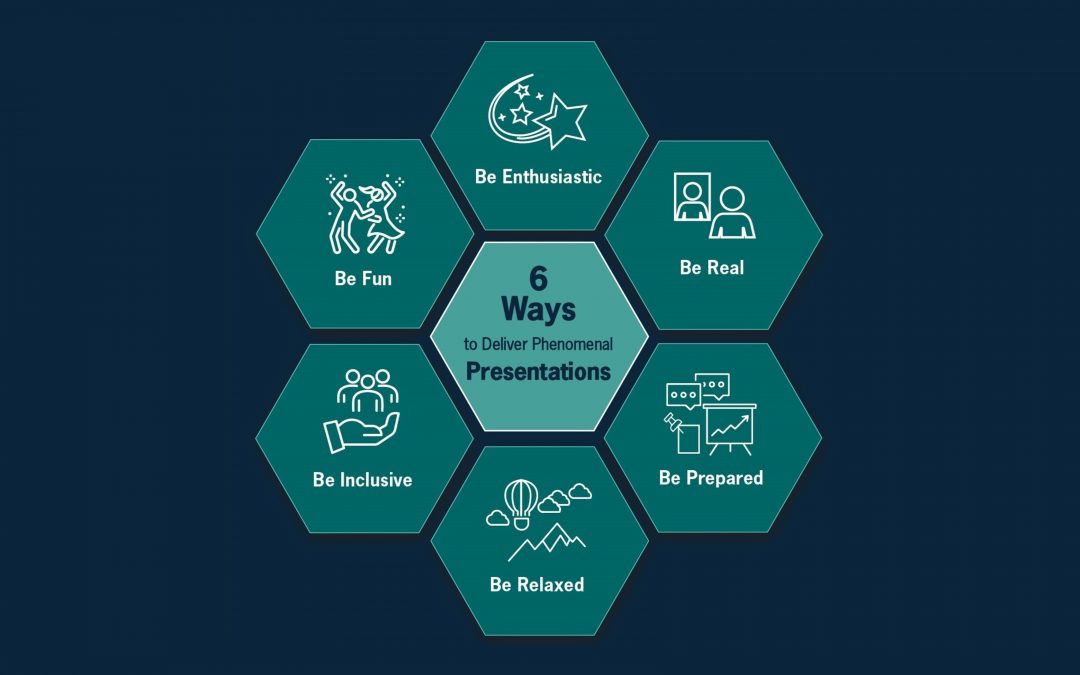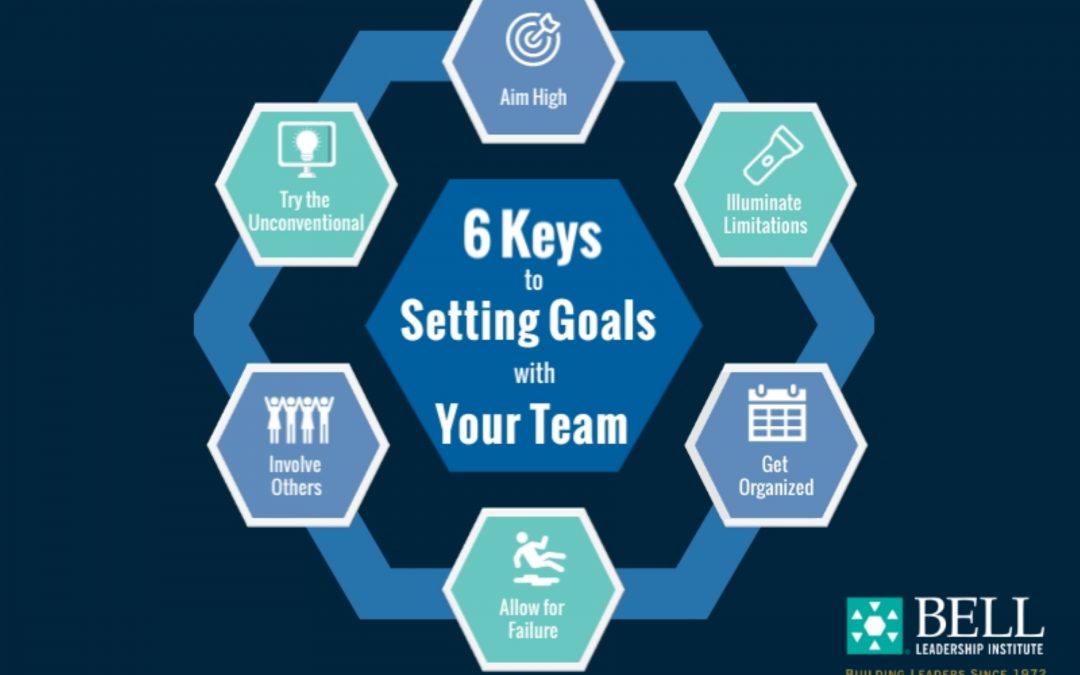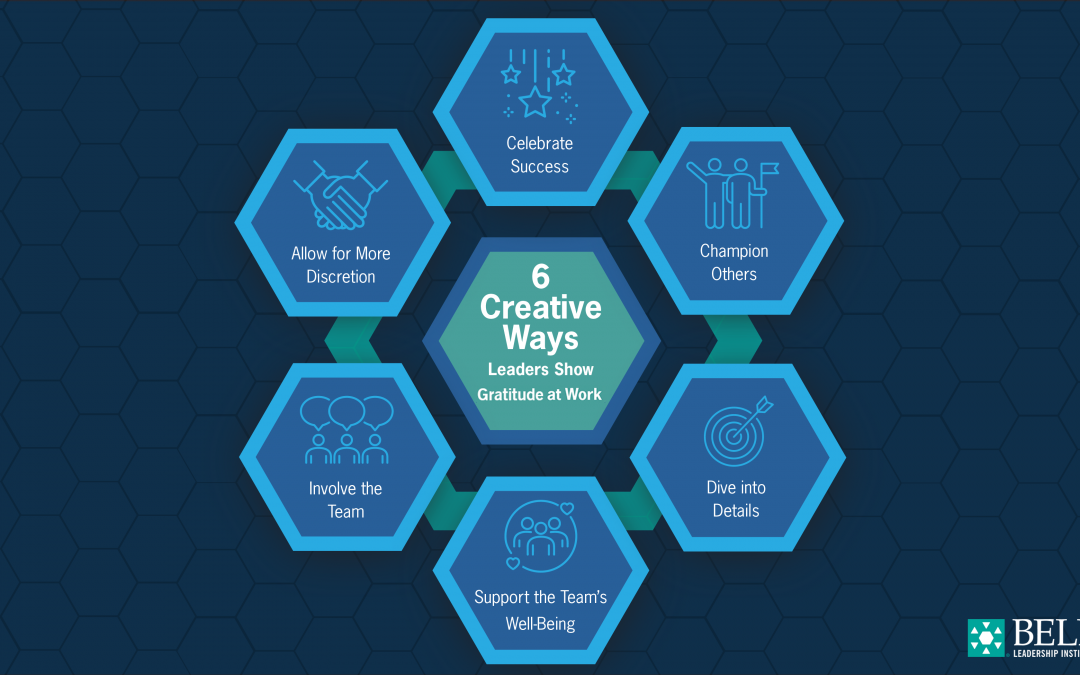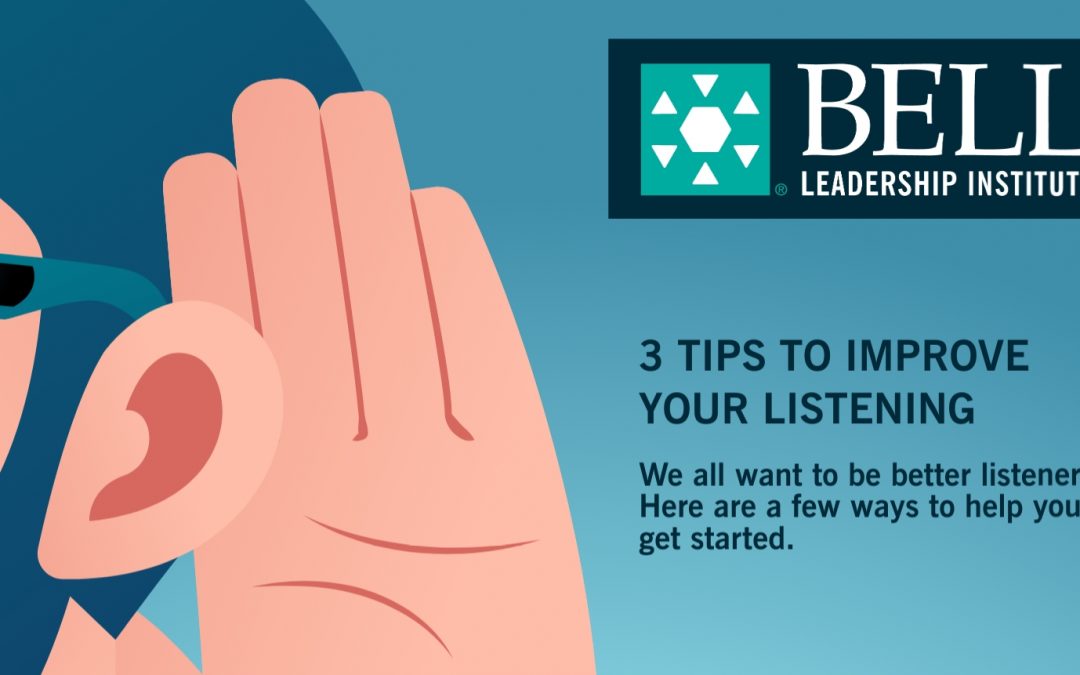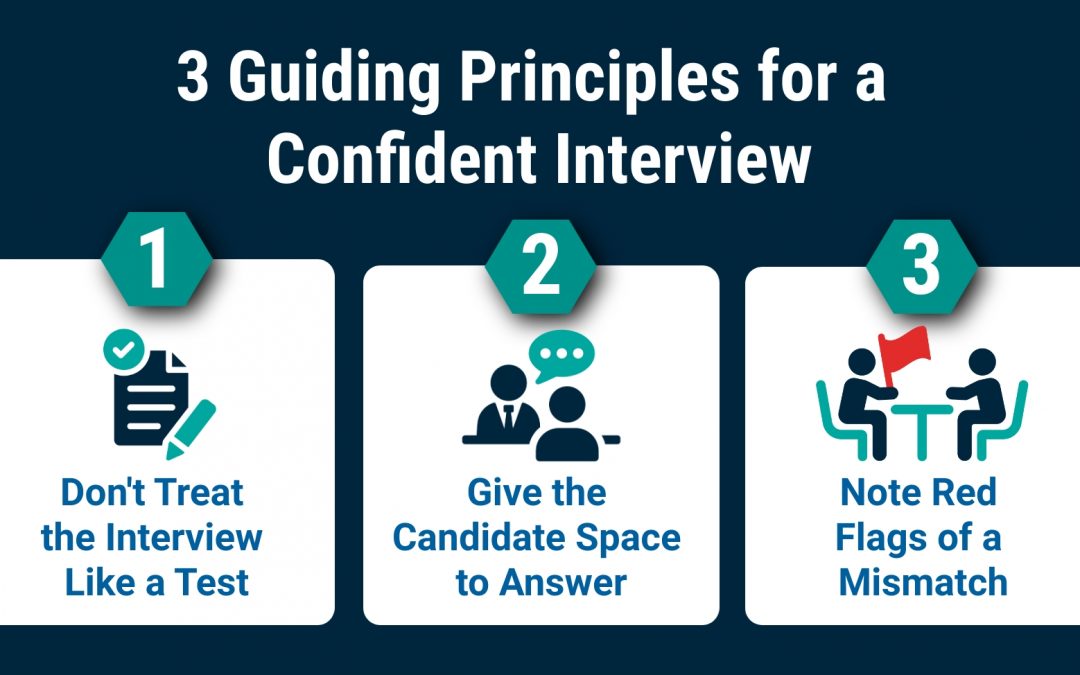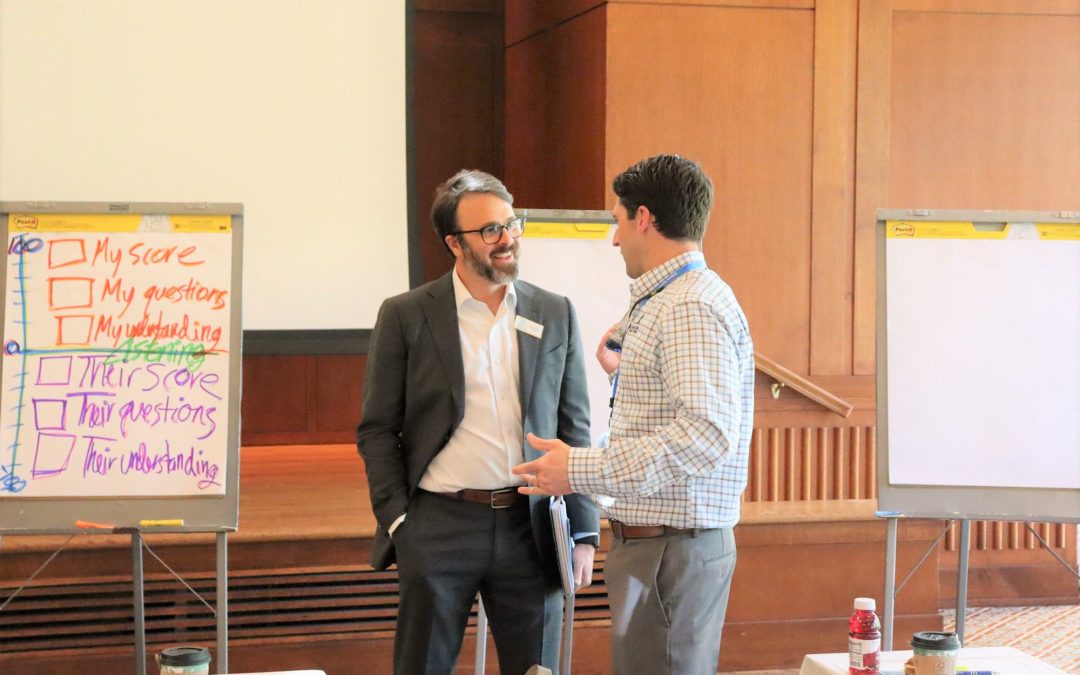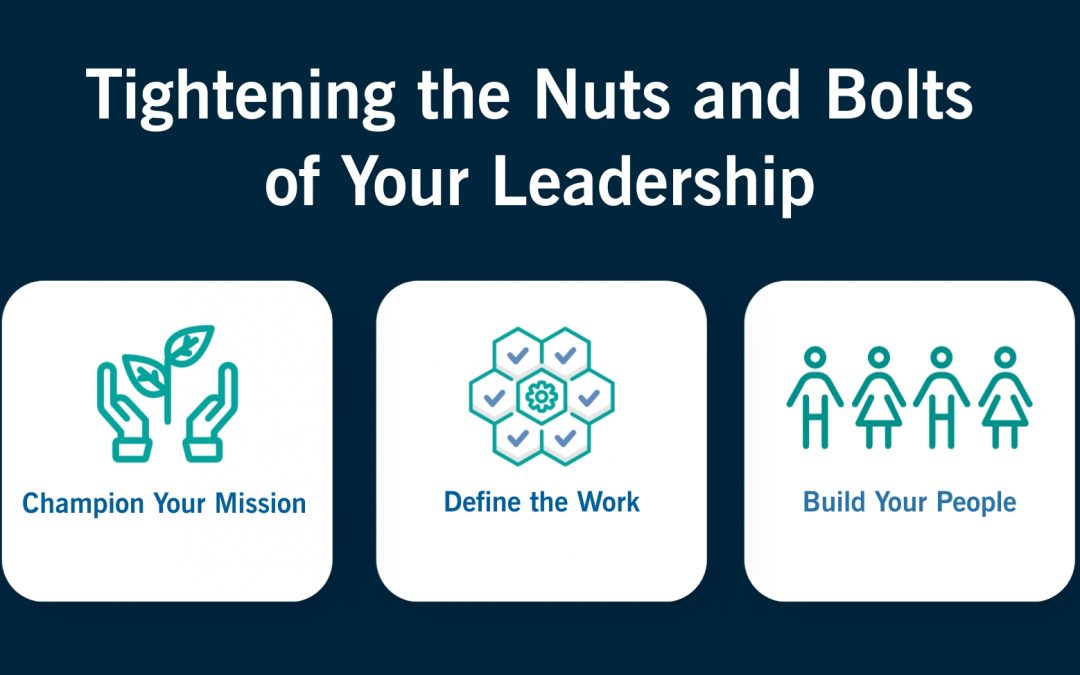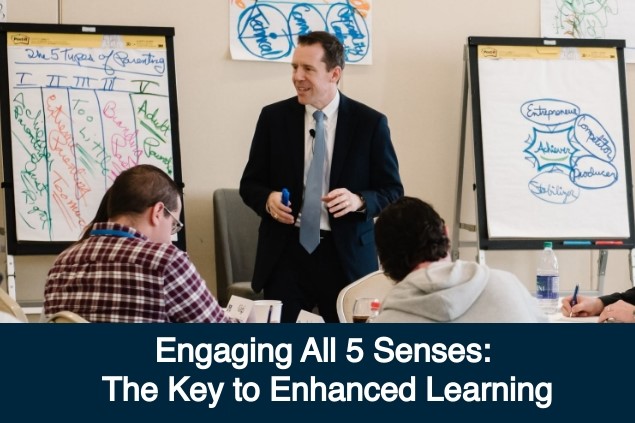
Listening is hard. That may sound trite, but with the tasks, questions, problems and countless to-dos distracting our brains, it’s a significant fact.
The challenge is that we spend more than half of our day doing it—and often doing it poorly.
Imagine your Uncle Bruce performing The Dance of the Sugar Plum Fairy on stage at your local theater. Unless he happens to be an exquisitely trained dancer, people aren’t lining up for tickets. The same goes for your ability to listen; if you’re not doing it well, people are less likely to consult you for information or help. With all of today’s advancements in communication technology, you might think we’ve come a long way in our ability to communicate with one another. In reality, humans seem to have stagnated in our progress as listeners.
Research indicates that we retain about 25% of what we hear. Studies also show that we’re not getting any better at it; in 1957, the Harvard Business Review noted that same percentage for retention. That’s more than 60 years without improvement. Technology just can’t change human nature. We remain self-focused, and even with the best intentions, most of us spend more time thinking about how we’d like to respond than truly listening. As difficult as it is to , it is critically important to the success of individuals and organizations. Listening is one of the most essential skills of communication.
Listening fully and actively builds trust, creates stronger working relationships, reduces conflict, enhances efficiency and improves morale for your entire team and organization. When Nora in HR explains the issues she’s having with the new employee database, and you really listen to her and understand her situation, you’re less likely to get upset when the personnel reviews are a week late being uploaded to the database. When you and your associates listen fully and deeply in consultation with a potential new client, your proposal is far more likely to meet their needs – and they’re far more likely to sign on for your services.
Listening is the solution to many problems we face each day. And despite our poor performance as a society thus far, it is possible to improve. Those who actively seek to improve their listening skills and practice the craft have seen as much as 25%–40% improvement within a few months. And once we improve as individuals, we share our improvement with those around us. Leaders who listen create employees that listen. And those employees result in satisfied customers and a successful business. Happy employees, happy customers, happy leaders. Sounds great, right? Time to practice our listening around the water cooler.
The virtual water cooler poses its own challenges. In person listening and conversing opportunities with coworkers, leaders and direct reports provides much-needed opportunities to exchange information and learn important details, whether personal or business. In our frequently hybrid work situations, you may struggle to make those same connections. Some level of remote and hybrid work seems poised to stay. Studies show that 74% of professionals expect people to continue to be at least partially remote, and 97% of workers want to continue to work remotely, at least some of the time. And that’s not all bad. Many people report increased job satisfaction since they started working remotely.
Along with that satisfaction comes added responsibility. Of course, remote and hybrid work situations need schedules and self-direction as well as a healthy work-life balance. But the big, often-overlooked skill is the ability to really listen. Many technologies have increased the availability of communications. At the same time, they cause a decrease in the quality of communications and our motivation to listen. In fact, studies show that the third largest complication for remote workers is communication and collaboration. How often have you been behind your screen in a video conference and been tempted to just answer a few emails or research a quick product demo online during the meeting?
With all the potential obstacles, your focus on listening in remote or hybrid settings becomes indispensable.
According to the Oxford Learner’s Dictionary, the word “remotely” can have two meanings:
- from a distance
- to a very slight degree
The ability to listen to colleagues, direct reports and customers, and do it well, gives you a critical competitive advantage. While listening from a distance may be unavoidable, you can increase your listening skills so that you are engaged with your speaker, near or far, to the highest degree, no matter how remote.
Bell Leadership Institute is committed to building great leaders because we deeply believe they are the solution to the world’s problems. Our programs are based on over 50 years of research, and our methodologies incorporate best practices on how adults learn and retain knowledge.

If you would like to build your listening skills and learn even more about how to most effectively communicate with others, register for our Advanced Communication program on March 22-24 or October 25-27 in Chapel Hill, NC. The Advanced Communication seminar provides significant insights into human nature and behavior to inform strategies for building mastery-level communication skills for leadership and organizational success. This program also includes the Bell Advanced Communication Survey, a confidential 360-degree assessment that will identify your most and least effective communication skills and specific action steps to take for improvement.
More News & Insights for You from Bell Leadership
Six Ways to Deliver a Phenomenal Presentation
The task of sharing a message in front of an audience can be exhilarating for some and intimidating for others. Thankfully, there are reliable steps you can take to increase the likelihood your message will be well received by any audience.
The Power of Personality
Dr. Gerald D. Bell, founder and CEO of Bell Leadership Institute, conducted extensive research across various industries, surveying thousands to identify the traits of the best and worst leaders. He discovered consistent patterns in their personalities and behaviors, leading to the development of the Bell Leadership Achiever Model.
You are Great and Getting Better
Accepting yourself as you are today doesn’t mean settling; it means honoring the person you’ve become while investing in the person you’re becoming. When setting your personal goals for this year, think in terms of “great and getting better” and consider these guidelines.
Six Keys to Setting Annual Goals with Your Team
With the right approach, annual goal setting can be one of the most beneficial practices you undertake with your team. Ending your year by reflecting on what has happened and making plans for what is to come will set the next phase of your business up for success.
Six Creative Ways Leaders Show Gratitude at Work
Download QR Print QR
Listen Like You Mean It
As you work towards honing your listening skills, these first steps will put you on the right track, but sustained listening requires ongoing practice, even for the best listeners.
Guiding Principles for a Confident Interview
Download QR Print QR
No Matter the Conditions, Selecting Talent Is Hard
Download QR Print QR
Give Your Leadership a Tune-Up
Download QR Print QR
Bell Leadership Programs Activate All 5 Senses
Download QR Print QR
